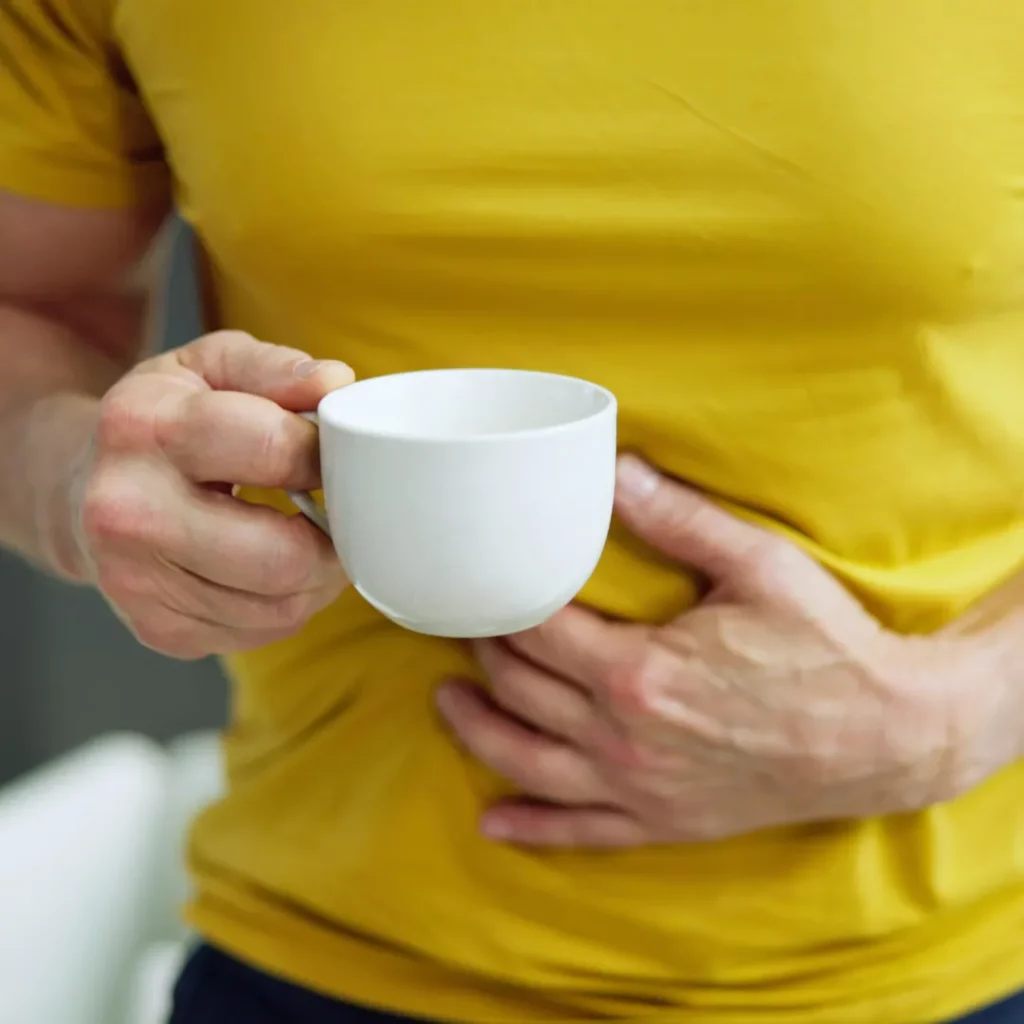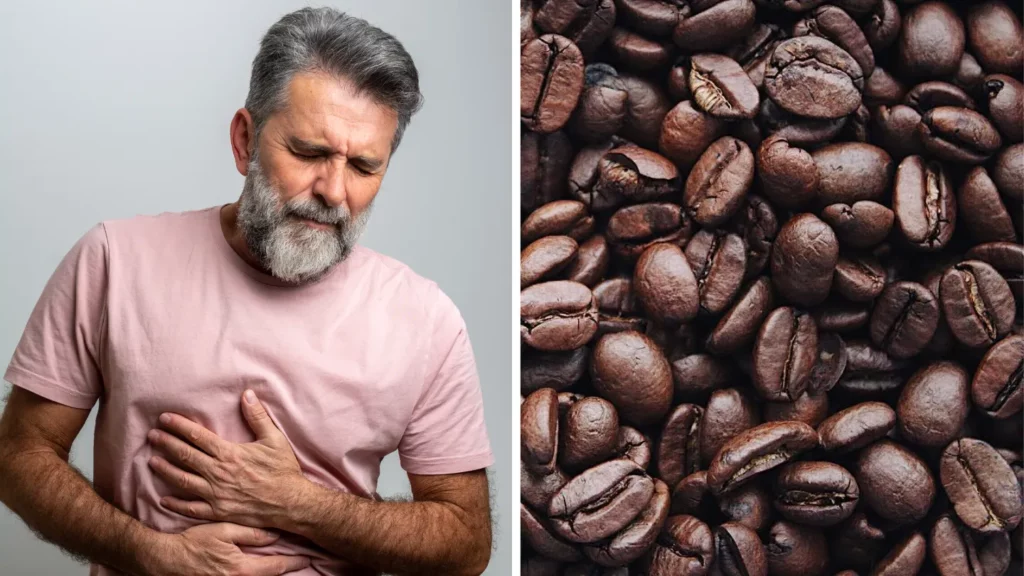For a long time, doctors have been curious about the link between drinking coffee and the nearly immediate urge to go to the toilet. Millions of coffee drinkers worldwide often associate their daily routine of enjoying a cup of coffee with the urgent need to visit the restroom.
Up until recently, the factors contributing to this common occurrence remained shrouded in mystery. The science behind the effects of coffee on digestion is intriguing, and it goes beyond just the presence of caffeine, contrary to popular belief.

Interestingly, decaffeinated coffee can also elicit the same response. Gastroenterologist Dr. Sameer Ahmad explains that “even decaffeinated coffee can have this effect since it still contains acids and oils that can trigger your digestive system.”
This discovery comes as a surprise to many, as it is commonly believed that caffeine is the main cause. On the other hand, the natural components found in coffee, such as acids and oils, have a stimulating effect on the gut and promote digestion, resulting in the well-known urge to visit the bathroom.
Dr. Kenneth Brown, a renowned gastroenterologist from Plano, Texas, has delved deeper into this phenomenon. In an interview with LADbible, he discussed how coffee contains chlorogenic acid, an antioxidant that can stimulate the muscles in the gut and promote bowel movements.
In addition, coffee contains natural chemicals called N-alkanoyl-5-hydroxytryptamides that have similar effects to serotonin. These compounds have the ability to enhance water content in the colon and stimulate contractions in the colonic muscles.
Many coffee drinkers experience the need to use the restroom shortly after enjoying their cup of Joe, thanks to its natural laxative properties. Coffee’s impact on digestion may seem inconvenient, but it can actually be beneficial for individuals struggling with constipation.
Dr. Brown notes that “caffeine can be a blessing to those who suffer from constipation.” However, it’s important to note that the same compounds that provide relief from constipation may have the potential to cause diarrhea in certain individuals.

Dr. Brown further warns that “caffeine can increase the production of stomach acid, resulting in heartburn or acid reflux, which can be uncomfortable and even painful.” The delicate balance between comfort and unease is key to comprehending how coffee affects digestion.
People’s reactions to coffee can vary. For certain individuals, it serves as a natural and beneficial digestive stimulant, while others may encounter adverse effects such as diarrhea or acid reflux.
Understanding your body’s reaction to coffee is crucial, as advised by medical professionals. It is important to adjust your coffee intake based on this knowledge. If you’re someone who deals with digestive discomfort after enjoying a cup of coffee, there are strategies to help alleviate the effects.
Dr. Ahmad suggests reducing coffee consumption or trying out various alternatives. He recommends trying different types of coffee and avoiding drinking it on an empty stomach.
Additionally, Dr. Brown provides a variety of techniques to minimize the effects of coffee on the digestive system. Adjusting your coffee consumption and trying out alternative brewing techniques like cold brew or French press can reduce the chances of experiencing stomach discomfort. Additionally, it’s advisable to limit the use of excessive cream or sugar.
According to Dr. Brown, the timing of your coffee consumption is quite important. When you start your day with a cup of coffee, it triggers the gastro-colic reflex, a perfectly natural response where stomach hormones communicate with the rectum, causing it to contract.
This reflex tends to be more active in the morning, possibly explaining why individuals who consume coffee often experience the need to use the restroom shortly after their first cup. For individuals who find coffee’s impact on digestion overwhelming, it may be worth reevaluating their consumption habits and timing of their beloved beverage.
Making small adjustments to your coffee routine can have a positive effect on your overall experience. Despite its potential drawbacks, coffee continues to be a cherished drink for millions across the globe.
For individuals dealing with constipation, this can serve as a natural and effective solution. According to Dr. Brown, the unique blend of compounds found in coffee can have a powerful natural laxative effect, providing relief without the use of medication.
In the realm of scientific inquiry, the intricate and captivating mechanisms that underlie the connection between coffee consumption and the subsequent urge to defecate are truly remarkable. The combination of oils, acids, and natural compounds found in coffee can have varying effects on the digestive system, which can be advantageous or demanding, depending on the person.

For some individuals, it provides a welcome solution to constipation, while for others, it may lead to digestive discomfort. Learning about the effects of coffee on your body can enhance your enjoyment of this popular drink while minimizing any undesirable outcomes.
Feature Image Credit: (Credit: Canva)





